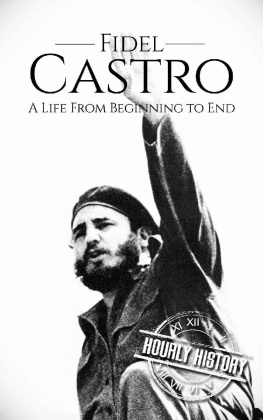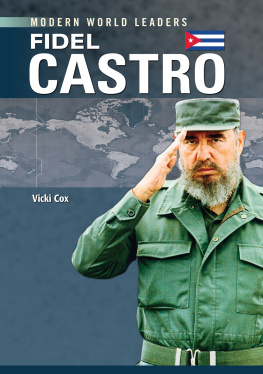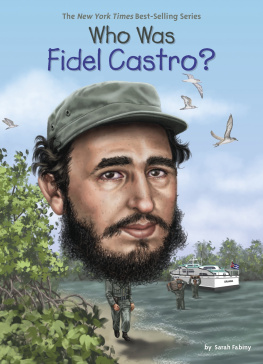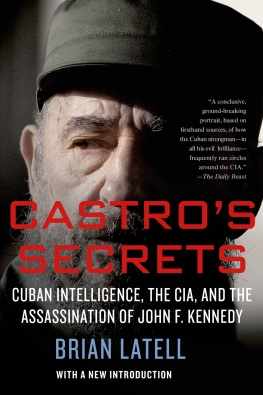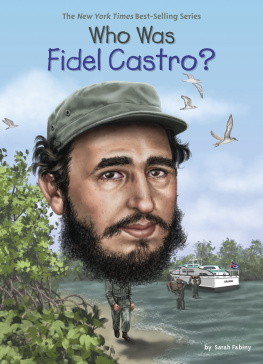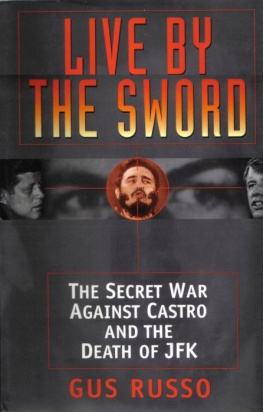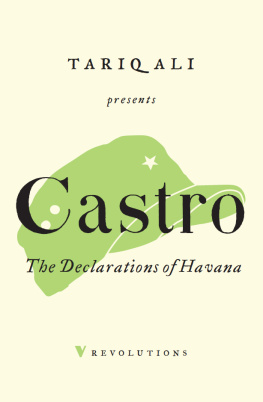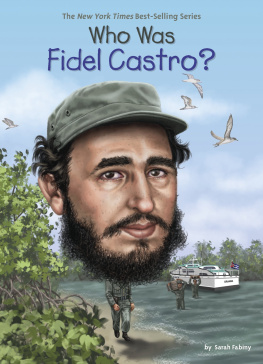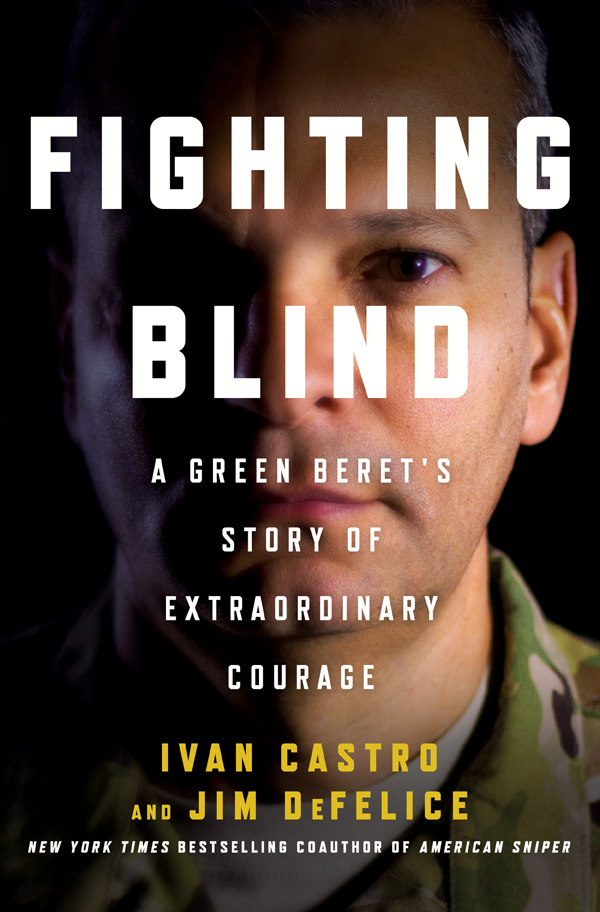Contents
Guide

The author and publisher have provided this e-book to you for your personal use only. You may not make this e-book publicly available in any way. Copyright infringement is against the law. If you believe the copy of this e-book you are reading infringes on the authors copyright, please notify the publisher at: us.macmillanusa.com/piracy.
Dedicated to my kids and family.
In memory of Ralph Porras and Justin Dreese, the men who died alongside me in Iraq.
With thanks to all who served, and to their families.
On September 2, 2006, I woke up in hell, a dry, hot place of unrelenting torment and constant danger, otherwise known as Yusufiyah, Iraq. I got up without breakfast, threw some gear in my pack, and set out to do two things: relieve my men so they could eat, and find us a better place to do our jobs. We were snipersI was the head of a sniper-scout team protecting a task force searching the tangled grounds of an al Qaeda training camp, a factory of death that had already cost us a pair of lives. We were part of the 82nd Airborne, tasked to work with some special operation units and other operators in a sweep in one of the most dangerous areas of Iraq. Just southwest of Baghdad, the region was a cauldron of hate, a place where Sunni and Shia fighters regularly faced off. The day before, we had seized a half-built power plant that al Qaeda terrorists had been using to assemble bombs and teach recruits how to use rifles and mortars. That night the commander ordered my unit to take up a position on a building a special op unit had abandoned because enemy mortars had zeroed in on it.
I thought it was a stupid order, but I couldnt argue with him over the radio, and in any event I had to find a better vantage point to mount our overwatch before asking permission to go there. That was my intention as I climbed the makeshift ladder to the roof that morning.
As a soldier, youre trained to see the world in a special way; its a dangerous place, you look for all possibilities of danger. As a sniper, you sharpen those skills to the max. You survey a field and you dont just see brush; you see anomalies in that brush, and realize youre about to be attacked.
That morning as I scanned the countryside beyond the roof, I saw things as a soldier and a sniper, as an officer in charge of an elite team of fighters, and as a human being. I saw a beautiful sun rising over a desert, a shallow canal filled with murk and rushes, a cluster of hovels that under other circumstances might have seemed bucolic. I saw shades of yellow and brown, light blue streaked with white, drab gray, deep black. I saw red bloodstains turned black; I saw rusted wrecks of a once-promising enterprise. I saw waves of heat filtering upward in the distance. It was a beautiful morning in an ugly place.
I got to work. From my vantage on the top of the roof I eyed a half-constructed building tall enough to command the countryside. It would also offer some shade, an important consideration in the Iraqi summer.
I dropped to my knee to make my call to the battalion commander. At that moment, something exploded to my right.
It was a mortar round. It had fallen next to the building, hitting the ground a few yards to my right.
Get off the roof! I yelled to the men nearby. Get off!
The words were still in my mouth as the next round landed square on the roof.
* * *
The explosion changed my life irrevocably. It left me blind, and close to death.
Quite literally, September 2, 2006, was the darkest day of my life. That mortar shell continues to haunt me.
And yet
While the mortar shell sent me on a journey filled with unfathomable lows, there have also been incredible highs. It has been a journey of and through darkness. But it has also been a journey of light. Ive done things I never would have been able to do before that explosion.
Why? I never really asked myself that question, or examined what I did, until another journey just recently, one to the literal ends of the earth. It was there, under a sky of unrelenting light, that I reached a place where I could begin to understand not just what happened to me or why Ive pushed beyond it, but what it might mean to others. It was a journey to the South Pole, figuratively and literally. It was a trip Id never have attempted if I could see.
The journey left me with a need to reach out to others, as others have reached out to me, to share what I have been through, and what I still hope to achieve. But how do I talk to them about being blind? How do I talk to you?
Every reference you have, every allusion and metaphor, involves the negation of sight: seeing things that are around you taken away. But imagining that they are not there does not describe blindness.
Imagining a lack of color, or a world where it is always night, doesnt really correlate to being completely blind. Pondering a world where darkness has no dimension and no end is a shabby substitute for living blind. Wandering endlessly through a dream where you can never wake, moving in a world where the exterior mimics and sometimes mocks the interior regions conjured by your mind words can barely hint at the real experience.
Contemplating never-ending isolation is a pale facsimile of the actual experience of blindness. Becoming helpless when you have always been the man others counted onthat seems more a prank than the actual experience.
There are no metaphors or similes that adequately describe the world, and thus there are no metaphors or similes that can plumb the depths of being blind. The most pernicious turn out to be the ones that call it absence and loss, even though in many ways they are the most accurate of all.
Blindness is loss and absence and isolation and helplessness, for me at least, who lived so long in the sighted world. But to think of blindness as any of those words is like thinking of the ocean as a single drop of water. These are all negatives, without possibilities, and being blind is not a continual state of depression, or even of loss.
How do I talk to you about war?
Bare descriptions run cold. Pure emotions sound hollow. Arrangements of words on a page, even of pictures on a screenthese are as bad as metaphors of blindness. Real knowledge of danger and death, of violence and faith, cannot be found in books or lectures. War, like blindness, is a world of its own. Its dimensions are smaller and more brutal than those of the universe, but it, too, allows for no simple metaphors. War is its own paradox: its end is no end, its seed both death and life. The soldier who survives it joins a brotherhood whose members are together, yet alone. They fold themselves in the past even as they try to move ahead.
Or so it has been for me.
How can I talk to you about strength and will, despair and surrender? Of triumph? Of small victories that lead not to greatness but to something just as worthy, just as human? How do you talk about perseverance despite odds?
Those, at least, are emotions all humans feel, or at least strive to understand. They are the common ground that binds us together, no matter what war weve been in, no matter what struggles we have had, blind or sighted, rich or poor. To overcome despair, even one solitary time, is something every human aspires to. To be brave, even under the most mundane circumstance, is something we might all achieve. No matter how trivial a challenge, overcoming it makes everyone of us an achiever. Beating setbacks, overcoming obstacleseach achievement tells us we are worth something in the universe, reminds us that we exist not just as worms, but as humans.


